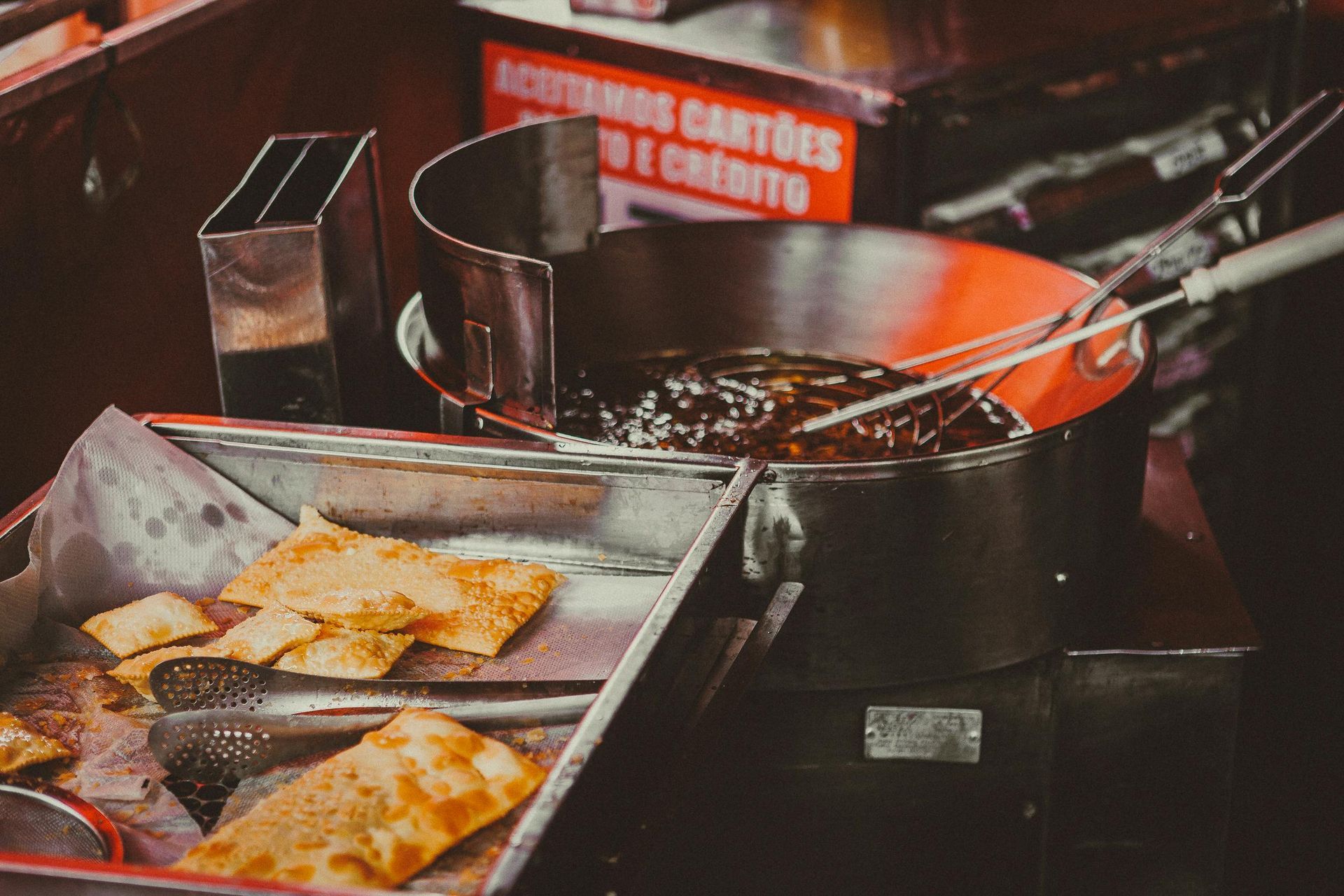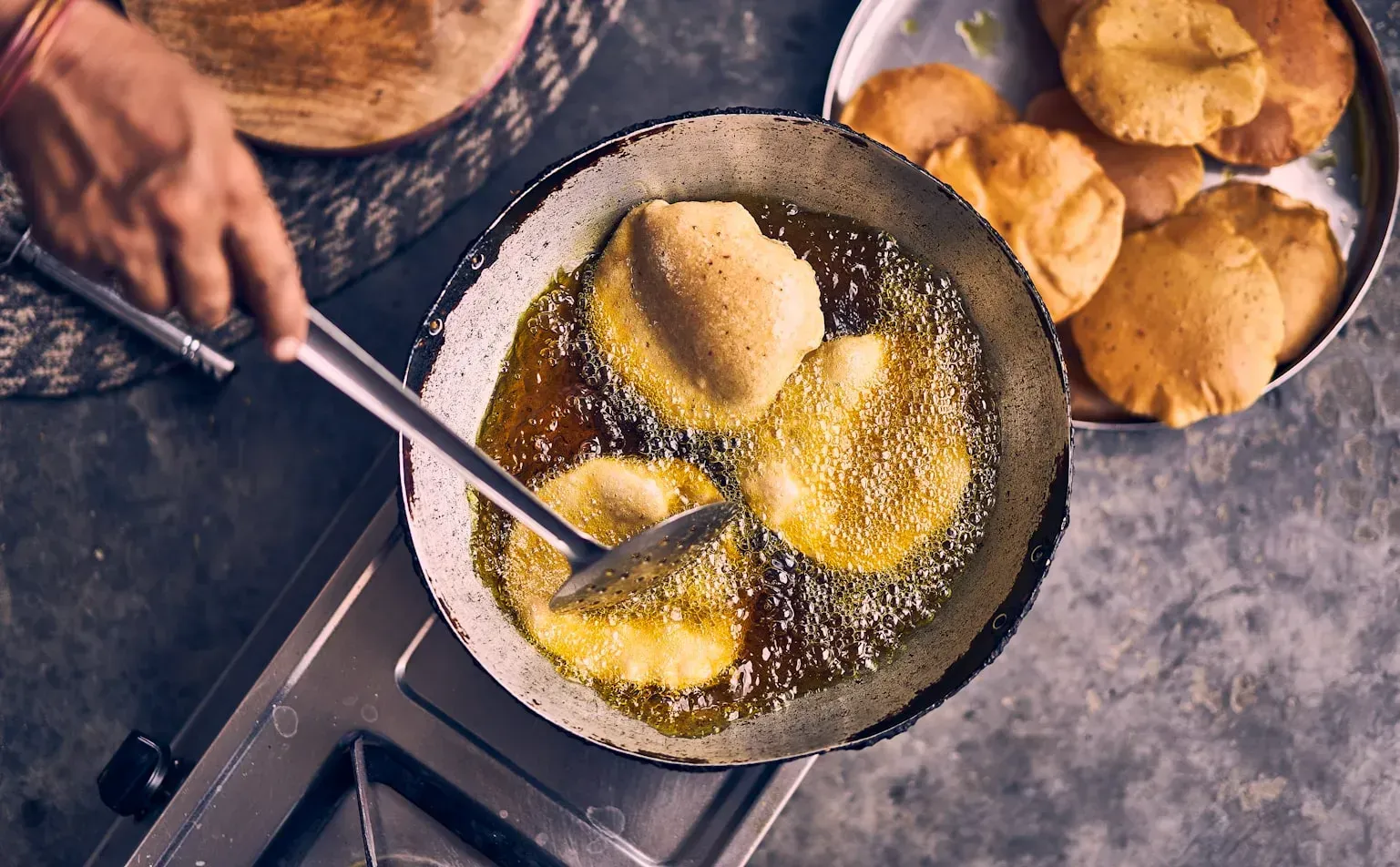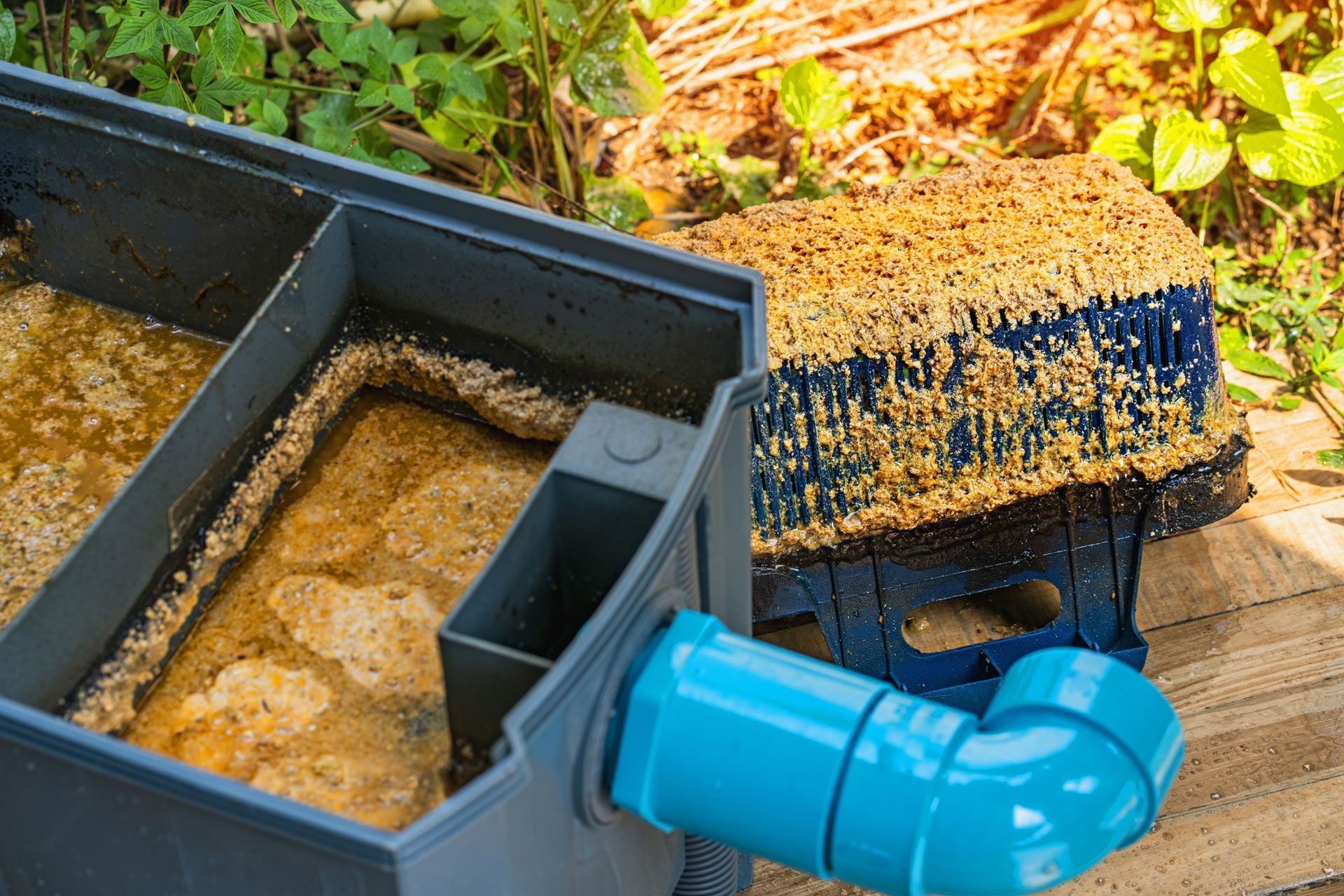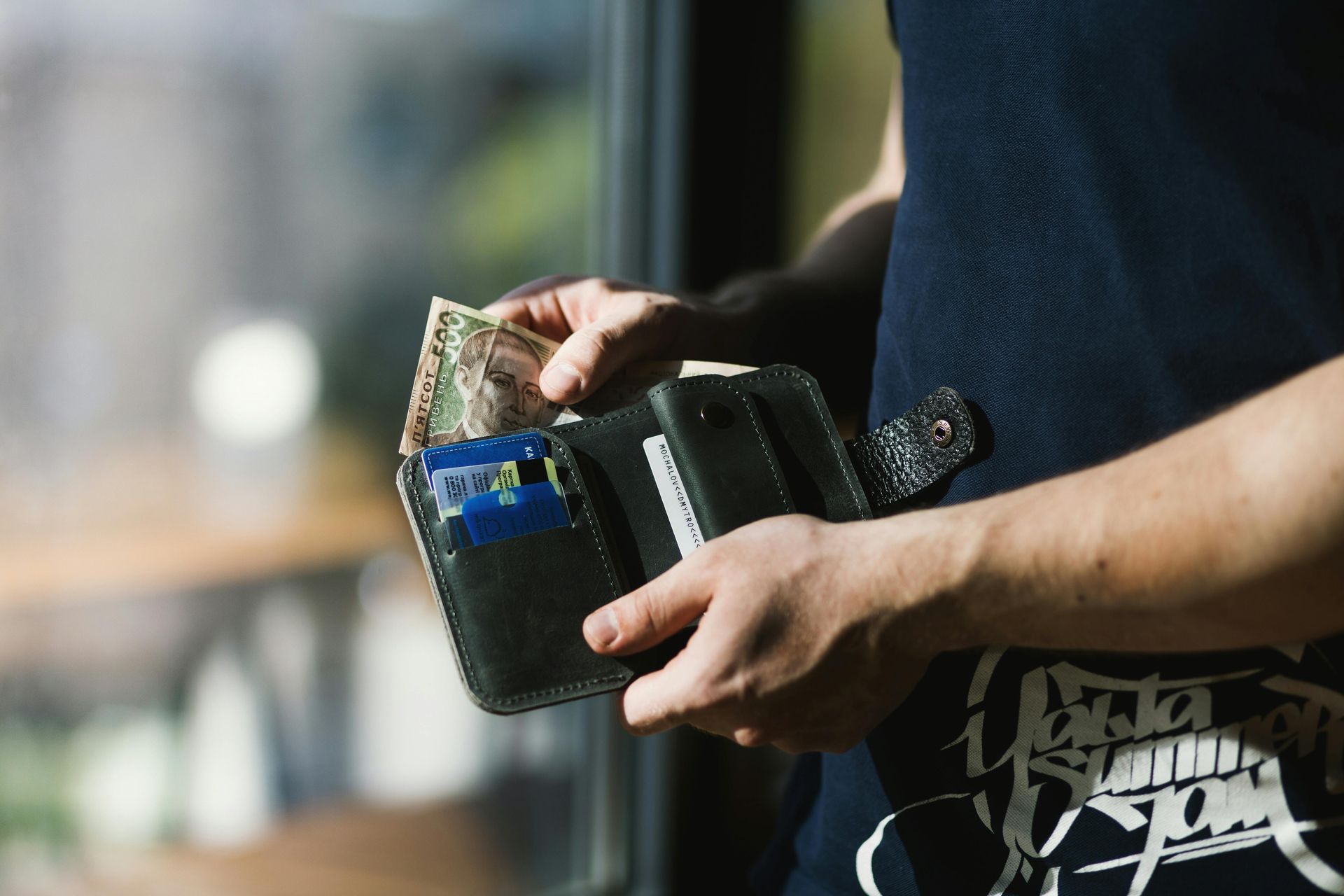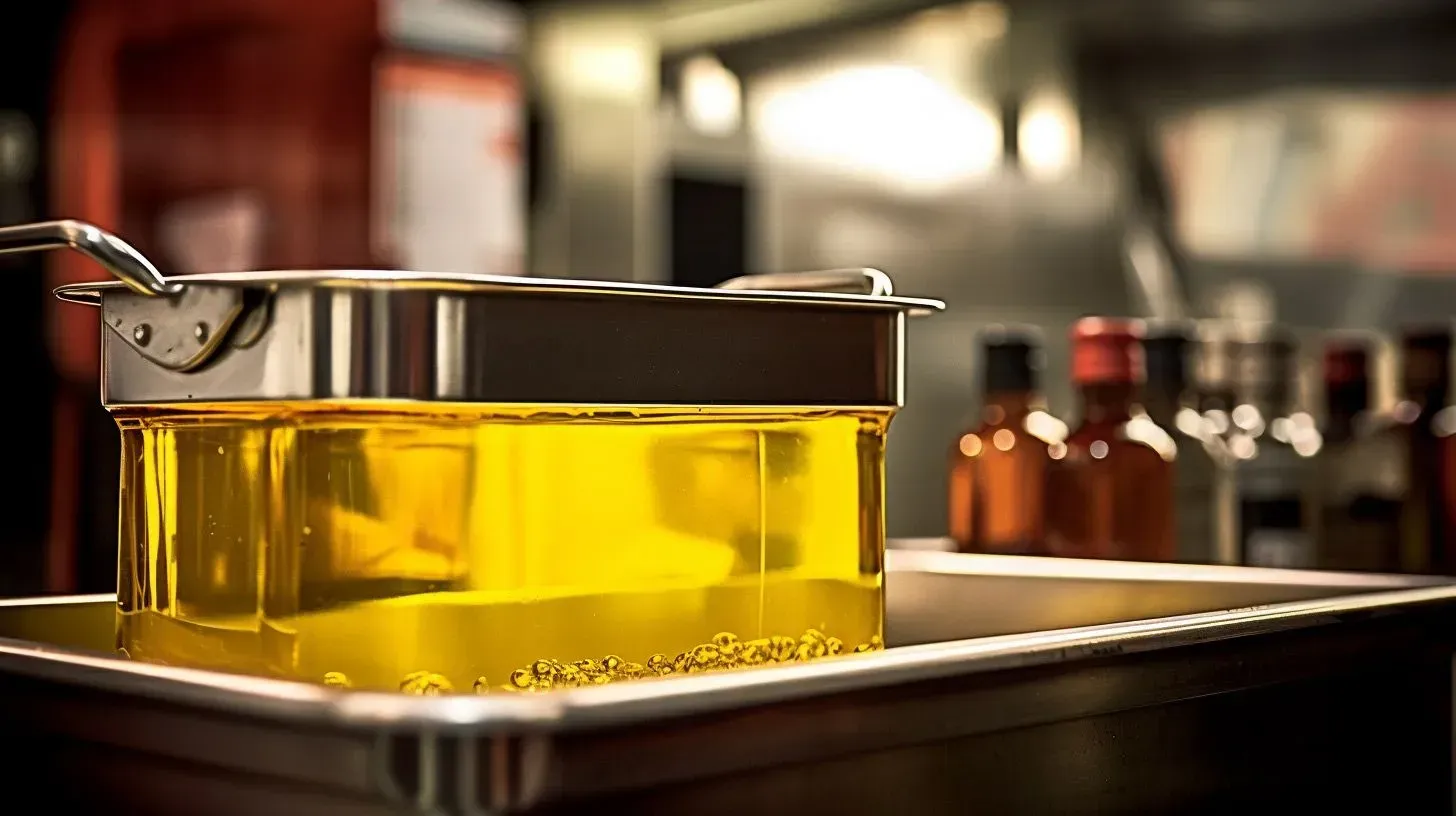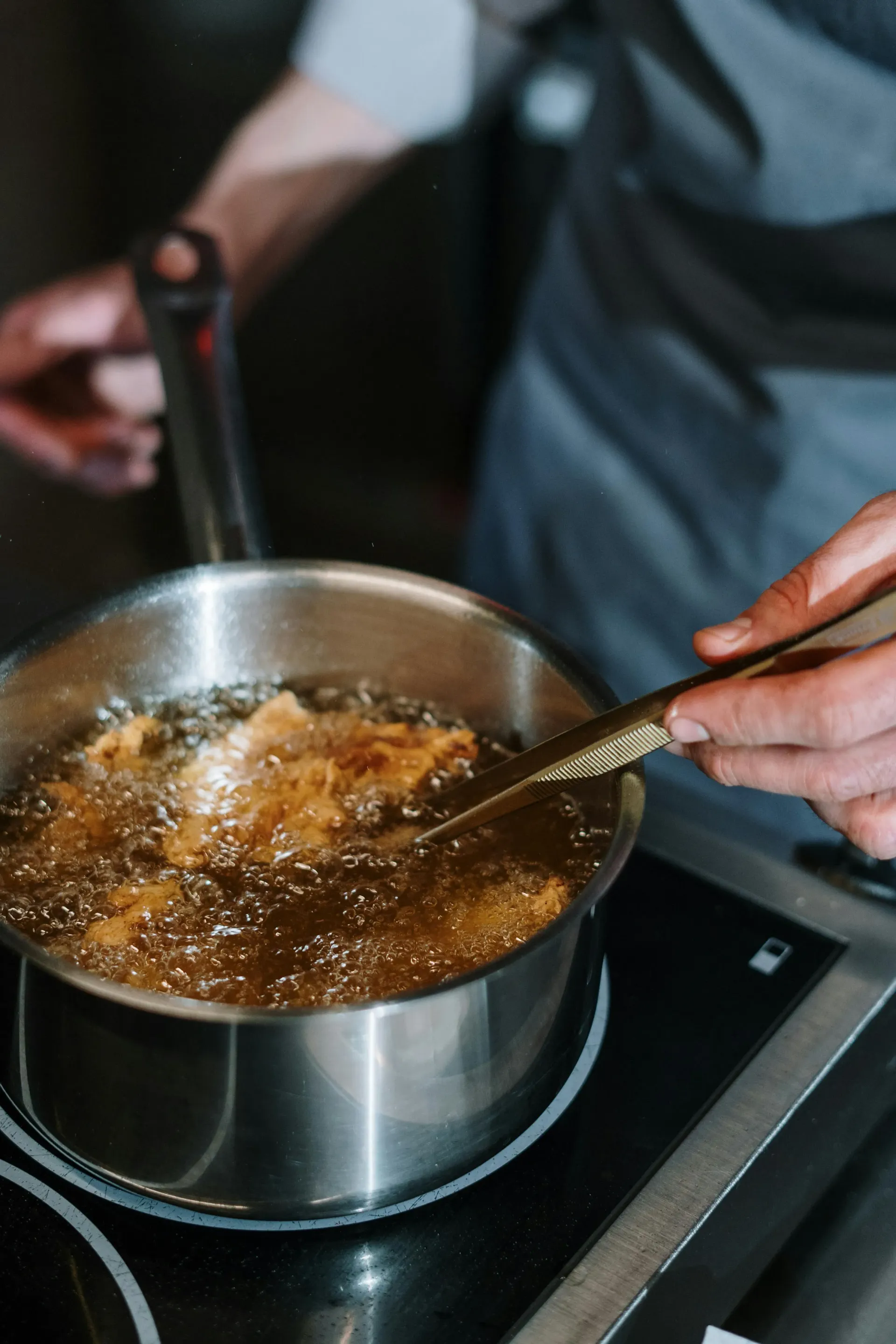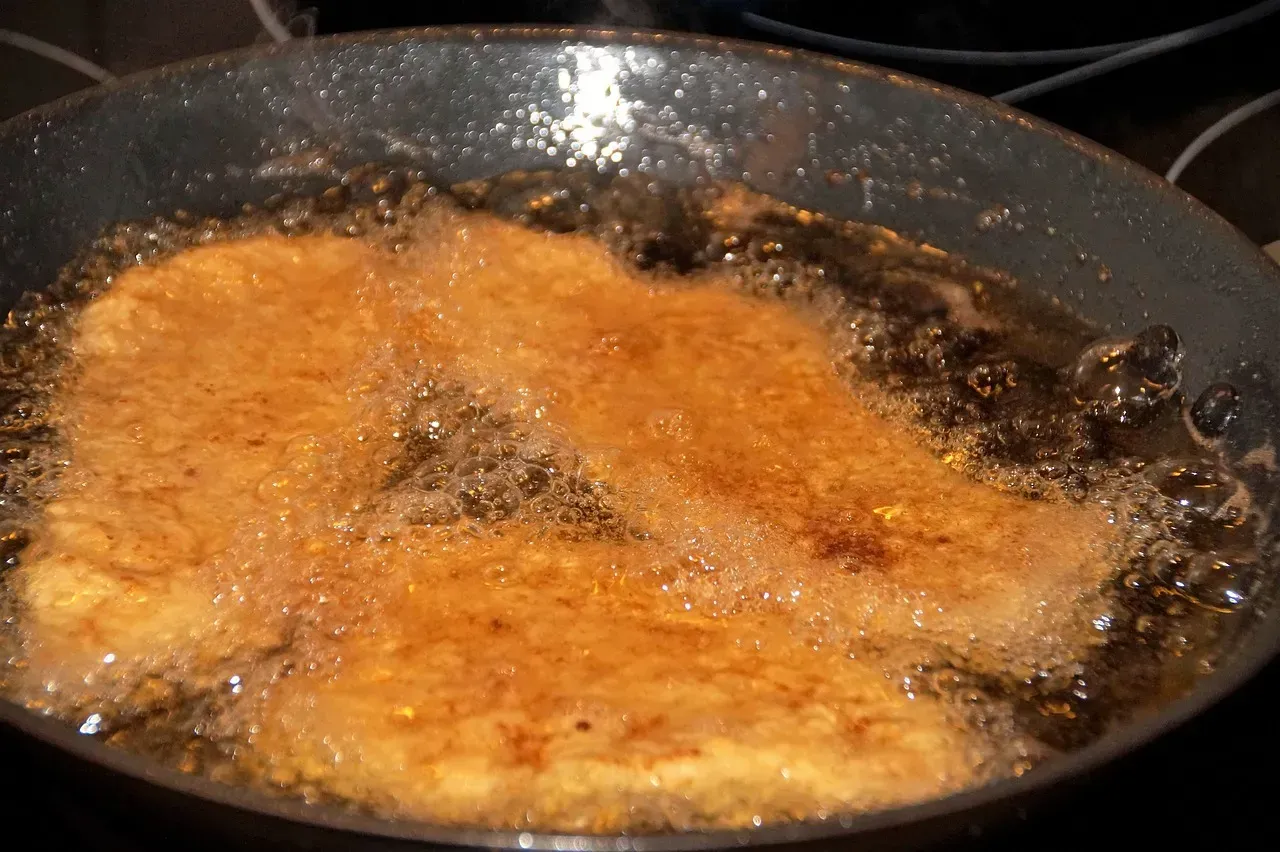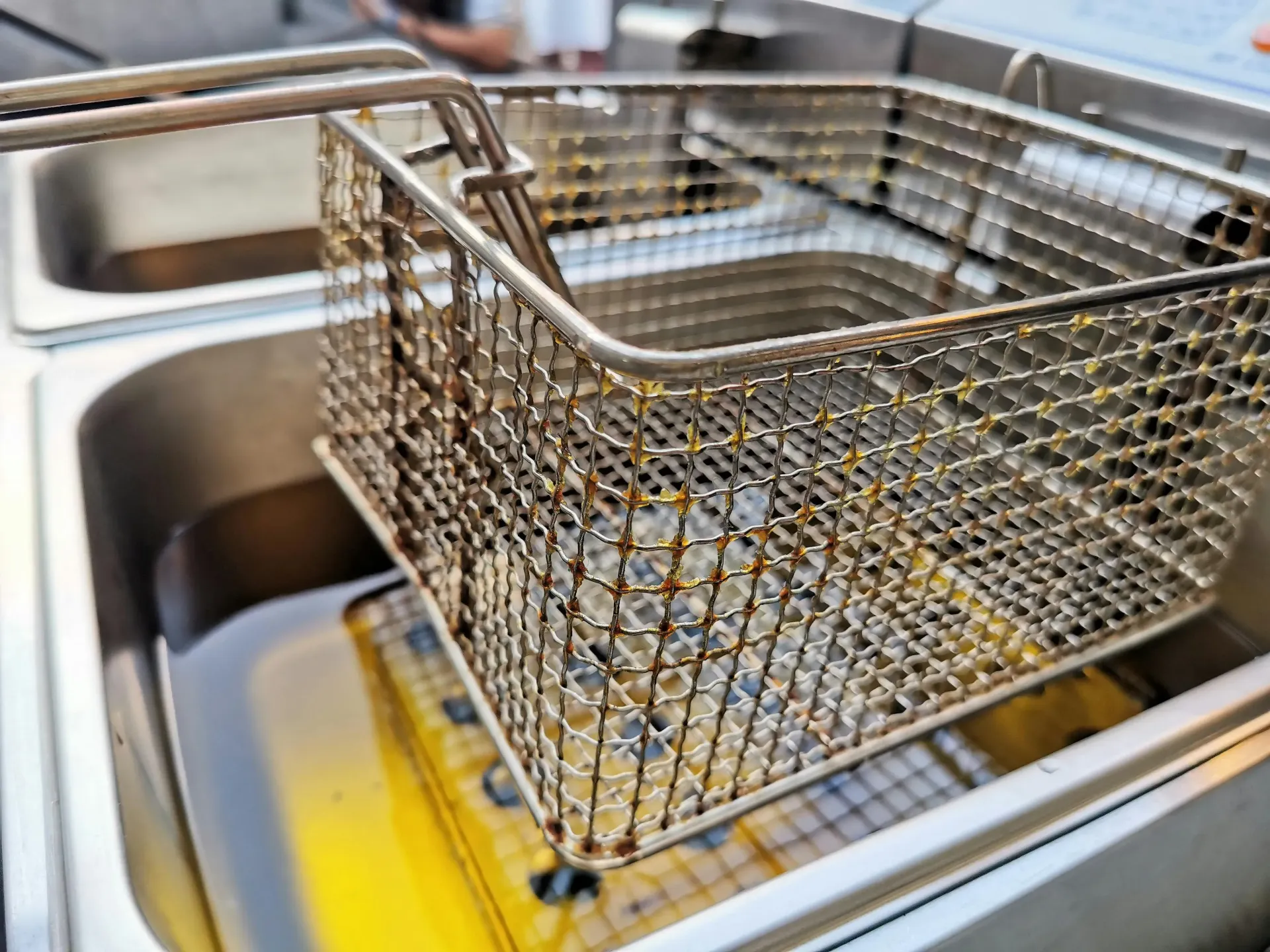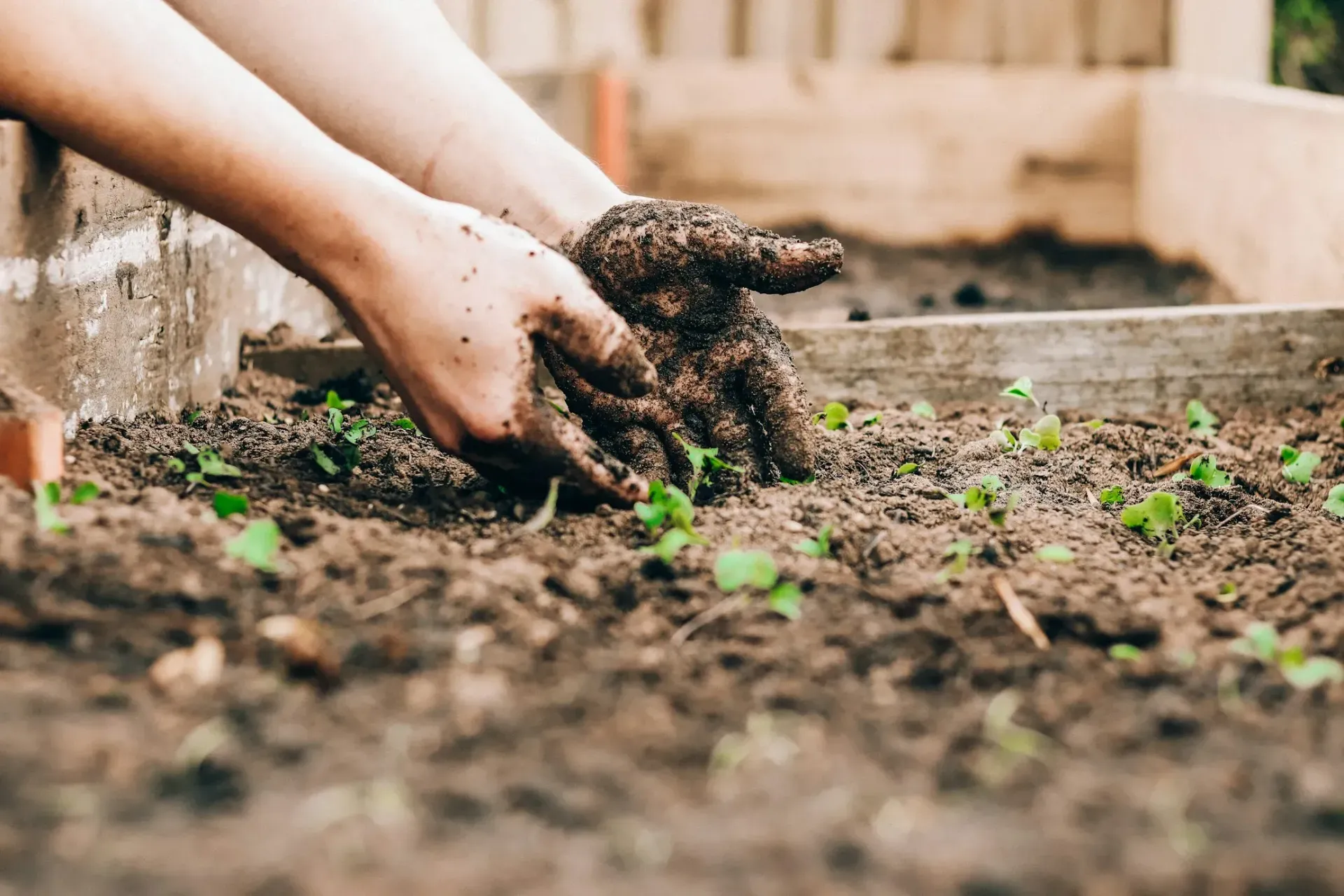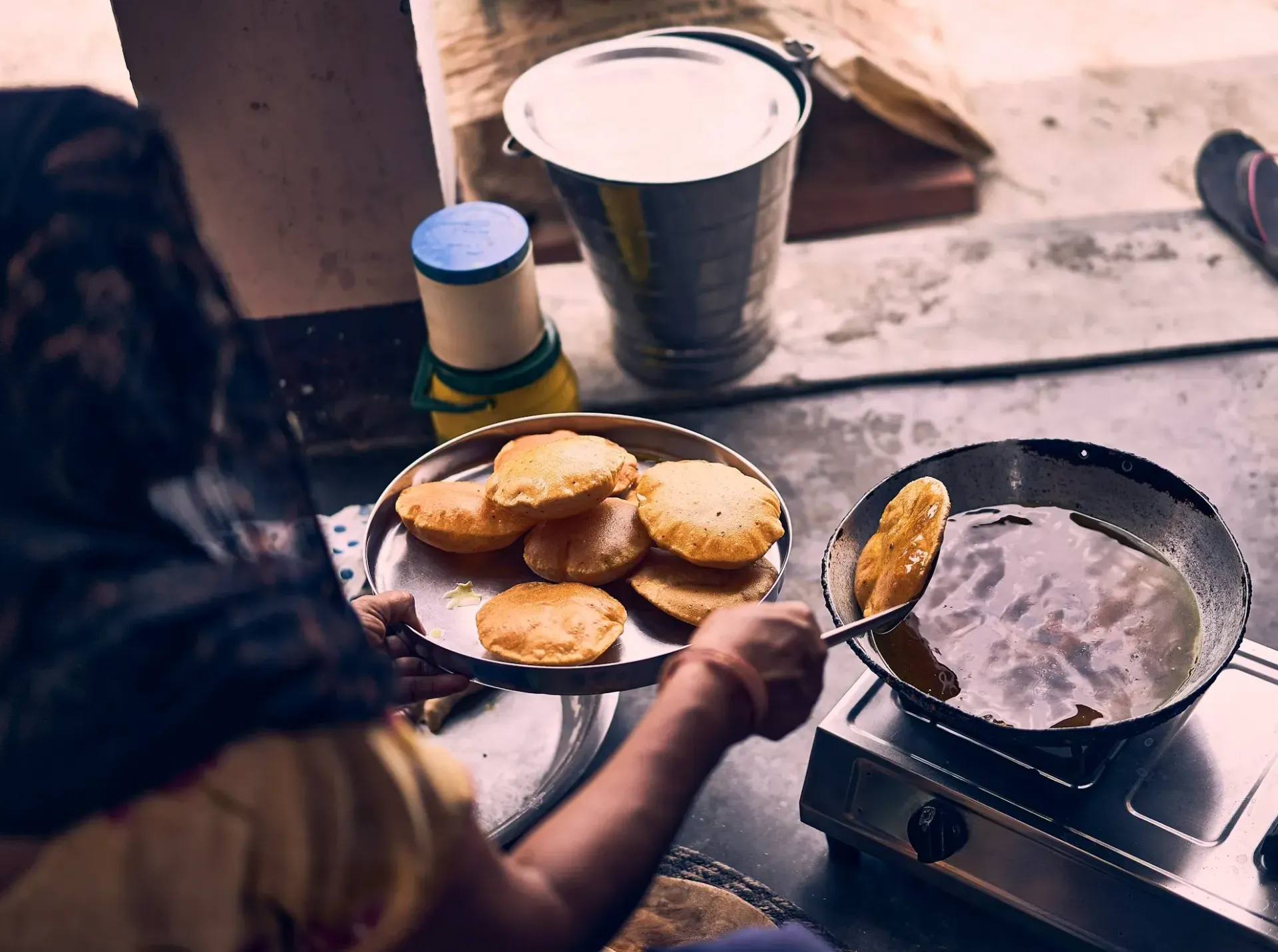
How to Store Used Cooking Oil Safely Before Collection
Storing used cooking oil the right way is more important than most people think. Whether you run a small café or a busy restaurant, keeping oil properly contained helps prevent plumbing problems, messy spills, and even fire hazards. If oil isn’t handled correctly, it can leak, attract pests, and create serious safety risks in your kitchen.
The best way to store used cooking oil is to let it cool, place it in a sealed, leak-proof container, and keep it in a clean, dry area until collection. It’s also important to avoid mixing oil with food scraps, water, or other liquids, as this makes it impossible to recycle. Proper storage keeps your kitchen safe and ensures the oil can be repurposed into biodiesel or other useful products.
The good news? Storing oil doesn’t have to be complicated. With a few simple steps and the right containers, you can keep your workspace clean, avoid costly issues, and do your part in reducing waste. In this guide, we’ll walk through the best practices for storing used cooking oil before collection and the role grease traps play in keeping things running smoothly.
Common Mistakes in Storing Used Cooking Oil
Even with the best intentions, many businesses make simple mistakes when storing used cooking oil. These mistakes can lead to spills, plumbing problems, and wasted oil that could have been recycled. Avoiding these errors will keep your kitchen cleaner and make oil collection easier.
1. Pouring Oil Down the Drain
Some people think hot oil will just wash away with water, but that’s not true. Oil sticks to pipes, hardens, and causes blockages. Over time, this buildup can lead to expensive plumbing repairs and even sewer backups.
2. Using the Wrong Containers
Not all containers are safe for storing used cooking oil. Thin plastic containers can melt or break, causing leaks. Weak lids can pop off, making a mess in your storage area. Always use strong, leak-proof containers designed for oil storage.
3. Mixing Oil with Food Scraps or Water
Used oil needs to stay as clean as possible to be recycled. If you mix oil with food bits, water, or cleaning chemicals, it becomes useless. Make sure oil is free from leftovers before storing it.
4. Storing Oil in the Wrong Place
Leaving oil near heat sources or in open areas is a big mistake. Oil is flammable and can attract pests if not stored properly. Keep containers in a cool, dry, and well-ventilated area with tight lids to prevent spills.
Avoiding these common mistakes will make oil storage safer and help with smooth recycling.
Best Practices for Storing Used Cooking Oil
Storing used cooking oil the right way keeps your kitchen safe, prevents messes, and ensures the oil can be recycled. Whether you're running a restaurant, food truck, or industrial kitchen, following these best practices will help you avoid common problems.
1. Choose the Right Storage Containers
- Use heat-resistant, leak-proof, and sturdy containers.
- Avoid thin plastic or containers that can break under pressure.
- Make sure the lid seals tightly to prevent spills and contamination.
2. Cool Oil Before Storing
- Never pour hot oil directly into a container. Let it cool to a safe temperature first.
- Cooling oil prevents burns and keeps containers from warping or leaking.
- If oil is still too hot, it can damage storage areas or cause accidents.
3. Keep Storage Areas Clean & Secure
- Store containers in a dry, well-ventilated area, away from heat sources.
- Keep storage areas free from grease buildup to prevent fire hazards.
- Avoid placing containers near exits or walkways where spills could cause slips.
4. Prevent Contamination
- Do not mix oil with water, food scraps, or chemicals.
- Strain oil before storing it to remove solid bits.
- Contaminated oil can’t be recycled and may cause grease trap problems.
5. Label & Track Storage Containers
- Mark each container with the date and type of oil to keep track of freshness.
- Arrange pickups or drop-offs regularly to avoid buildup.
- Proper labeling makes it easier to manage storage and disposal schedules.
The Role of Grease Traps in Proper Oil Management
Grease traps play a big role in keeping used cooking oil and grease from causing plumbing issues. They help businesses separate oil from wastewater, making storage and disposal easier. If grease traps aren’t maintained properly, they can overflow, leading to clogs, bad odors, and even fines for non-compliance.
Why Grease Traps Matter
- Prevents Oil from Entering Drains – Stops grease from building up in pipes and causing blockages.
- Supports Oil Collection & Recycling – Helps separate oil so it can be stored and picked up safely.
- Keeps Kitchens Compliant – Many areas require businesses to have a functioning grease trap to meet health and safety standards.
How to Maintain a Grease Trap for Better Oil Storage
- Skim grease daily – Remove excess grease to keep traps from filling too fast.
- Check for warning signs – Slow drainage, foul smells, or backups mean the trap needs cleaning.
- Schedule professional cleanings – Routine servicing prevents blockages and ensures the trap works efficiently.
Keeping your grease trap in good shape makes storing and recycling used cooking oil easier. A well-maintained trap means fewer plumbing issues and a smoother oil collection process.
Recommended Cleaning Schedule for Grease Management
A regular cleaning schedule is the best way to keep grease traps and oil storage areas running smoothly. Whether you run a small café or a high-volume commercial kitchen, sticking to a routine prevents plumbing problems, keeps oil storage areas clean, and ensures compliance with local regulations.
For Small Establishments (Cafés, Food Trucks, Small Restaurants)
- Daily: Wipe down surfaces, collect oil in sealed containers, and skim grease traps if needed.
- Weekly: Inspect grease traps for buildup and clean small storage units.
- Monthly: Schedule professional grease trap cleaning and arrange used oil collection.
For Large Commercial Kitchens (Hotels, Fast-Food Chains, Industrial Kitchens)
- Daily: Train staff on proper oil disposal, check grease levels, and keep storage areas clean.
- Weekly: Inspect grease traps, empty small traps as needed, and monitor oil storage containers.
- Every 1-2 Weeks: Arrange professional grease trap pumping to prevent backups and ensure compliance.
- Monthly or Quarterly: Conduct full system inspections to check for leaks, odors, or potential issues.
Following a strict cleaning schedule keeps grease traps from overflowing, prevents costly repairs, and makes oil collection easier. Staying on top of maintenance helps businesses avoid unexpected problems and keeps kitchen operations running smoothly.
Conclusion
Storing used cooking oil the right way isn’t just about keeping your kitchen clean—it’s essential for preventing plumbing problems, reducing waste, and ensuring the oil can be recycled. By using the right containers, keeping oil free from contaminants, and following a regular cleaning schedule, businesses can avoid costly issues and stay compliant with local regulations.
A well-maintained grease trap also plays a big role in proper oil management. Routine cleaning prevents blockages, reduces odors, and makes oil collection easier. Whether you’re running a small café or a large commercial kitchen, having a solid grease management plan is key to smooth operations.
Partner with Grease Guys for Reliable Grease Management
Here at Grease Guys, we handle the dirty work so you don’t have to. We offer grease trap cleaning, cooking oil collection, and grease trap pumping for businesses in Washington, Spokane, Sand Pointe, Western Idaho, and North Oregon. Our team works with restaurants, casinos, and industrial kitchens to keep grease traps running smoothly and oil stored properly for collection.
With 24/7 service and eco-friendly solutions, we make grease management hassle-free. Whether you need a one-time cleaning or a regular pickup schedule, we’re here to help.
Get Started Today
Call Grease Guys now to schedule your grease trap cleaning or cooking oil collection in Washington and beyond. Keep your business running smoothly with expert grease management you can trust!

